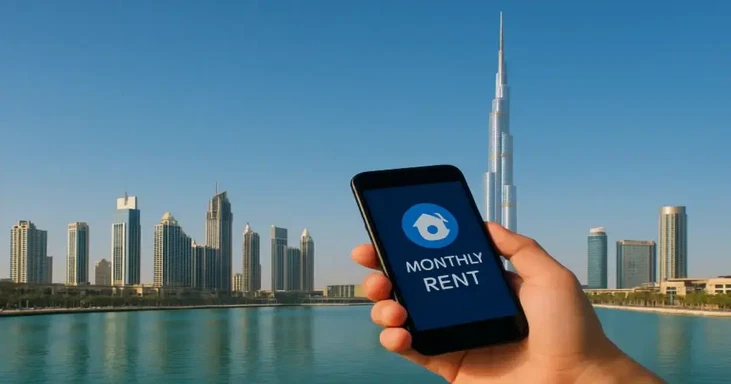
The Future of Monthly Rental Agreements in the UAE: Goodbye Upfront Cheques
Published :
Last Updated :

Published :
Last Updated :
In November 2025, the UAE saw a novel transition in the rental market. The shift to flexible, monthly rental payments has been announced, in contrast to the previous system when tenants were mandated to pay rent in one to four cheques.
When upfront cheques would put a great deal of financial strain on families and professionals, this is an enormous jump in how residents manage their housing bills and financial planning.
Over the previous ten years, average rents jumped by 23.6%, according to sources. Based on CBRE data, average residential rents in Dubai specifically rose 21.1% year over year (until June 2024). Rents in upscale villa and luxury neighborhoods have skyrocketed as a result of strong demand and scarce availability.
But how will this narrative impact the market in the future? Let’s take a broader look into why it’s happening, the possible motivations behind it, and the potential effects for tenants, landlords, and the industry as a whole.

An upfront cheque, as implemented in Dubai’s rental market, is a sizable upfront payment paid at the beginning of a lease agreement that covers several months or even the full year’s worth of rent. According to Dubai’s Law No. 26 of 2007, both parties must agree on the rent payment plan. The law defaults to four equal installments (i.e., quarterly) in the absence of an agreement.
Rent is paid with one to four postdated cheques. Many times, the number of cheques is negotiable. One postdated cheque, or a small number of cheques, paid at the beginning of the tenancy, usually covering 6 months or 12 months (full year rent). This can require a large lump sum (often AED 40,000-150,000 upfront).
Less cheques are preferred by landlords because it lowers risk and guarantees a robust cash flow. Tenants on the other hand who submit one or two cheques frequently bargain for a cheaper annual rent than those who pay with several cheques.

In Dubai, monthly rent payments are a flexible rental payment alternative where tenants pay their rent on a monthly basis rather than the customary quarterly or annual postdated cheques.
This approach generates easier cash flow with more flexibility, digital payment alternatives, and tenant-friendly agreeables when invoices are paid on a monthly basis.
Tenants use bank direct debit, online property portals, or fintech installment platforms that allow digital tenancy contracts (Ejari) to pay rent instead of receiving one to four cheques per year.
There are indications of rental stabilization despite previous spikes such as new inventory entering the market, providing tenants with more options and somewhat slowing the rate of rent growth.
Multi-year leasing agreements are becoming more common as renters attempt to get advantageous conditions for extended durations. At the same time, lease renewals are prevalent; many tenants would rather do so than look for new agreements, perhaps in order to avoid paying raised rent or moving expenses.
Living expenses are being negatively impacted by high rents. Although a more equitable appraisal of properties is made possible by the RERA rent calculator, some landlords continue to advocate for the maximum permitted hikes (up to 20%).

Keyper’s rent-in-installment technology is being integrated into Property Finder, permitting monthly payments by card or direct debit. Launching in 2026, payment, monitoring, and reconciliation will be made simpler for both landlords and tenants with this digital-native approach. The use of postdated cheques, prone to issues like bounced cheques, falls by direct debit systems.
Large upfront payments have been a mandate for tenants in the UAE, particularly in locations like Dubai. This can be extremely taxing, especially for those who get a monthly wage. Monthly payments are more in line with how the majority of individuals are compensated. This lessens the “cash shock” associated with lease renewals. A full-year pre-paid commitment is more difficult to sustain if you undergo sudden life circumstances like a job loss, in spite of budgetary limitations for some.
The “Rent Now, Pay Later” (RNPL) introduced by the Keyper platform helps divide annual rent into 12 monthly installments to improve tenants’ cash flow.
Landlords are better equipped to control their revenue when they have predictable monthly cash flows (through digital platforms). Automated payments lessen the administrative load (fewer problems with cheques, less chasing for payments). By providing organized payment methods and potentially backup payment choices, platforms like Keyper can reduce default risk.
A growing number of people view the UAE, particularly Dubai, as a long-term residence rather than merely a temporary expat assignment. This change promotes more “settled” lease behavior, where long-term tenants are more drawn to flexibility and predictability than to locking in significant sums up front. In many major cities, monthly rent is the standard; in order to remain competitive, the UAE rental market is conforming to these worldwide standards.
Advantage
Drawback
Advantage
Drawback
Advantages
Drawbacks:
Be realistic about the amount of money you can set aside for rent before accepting. If a one-time payment isn’t possible, ask for additional installments.
Don’t just take the agent’s or landlord’s demands. Request more cheques or propose a direct debit. To strengthen your negotiating position, offer something in exchange, such as a slightly larger security deposit or proof of steady income.
Find out the legal consequences of bounced cheques and clarify what happens with handling unsuccessful payments.
Make sure the tenancy contract has all of your agreed-upon terms and request confirmation or receipts whenever a cheque is cashed or deposited.
Even if monthly payments are growing in popularity among UAE tenants, annual leases may still dominate the market. Despite considering that the approach will shortly be regulated beginning in 2026, the expansion seems possible with further bank alliances and technology backing.
However, it’s crucial to warrant that everything you agree upon is formalized with an Ejari-registered contract and explicitly stated in your lease to abstain from falling into risks.

Your gateway to offline planning in the digital realm. Discover a world of real estate opportunities through our immersive offline property website experience
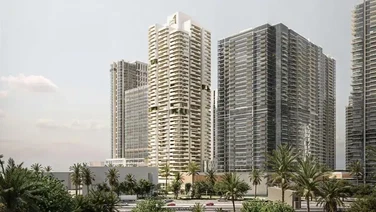
Apartments
Penthouses
Duplexes
AED 4,400,000
Al Wasl
2, 3, 4 & 5
1946 - 8253 Sq Ft
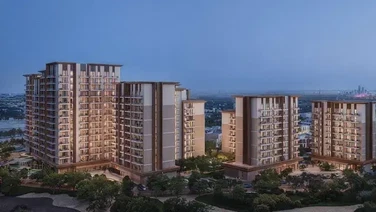
Apartments
AED 1,594,000
Expo City Dubai
1, 2 & 3
889 - 2403 Sq Ft

Apartments
Studios
AED 764,999
Jumeirah Village Circle
Studio, 1 & 2
341 - 1827 Sq Ft

Apartments
Penthouses
Townhouses
AED 2,500,000
Dubai Islands
1, 2 & 3
898 - 3312 Sq Ft
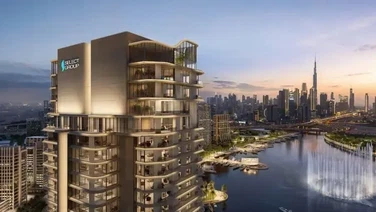
Apartments
Penthouses
Duplexes
AED Coming soon
Dubai Design District
1, 2, 3 & 4
738 - 7767 Sq Ft

Apartments
AED 840,000
Jumeirah Village Circle
Studio, 1, 2 & 3
381 - 1326 Sq Ft

Apartments
Penthouses
Duplexes
AED 4,400,000
Al Wasl
2, 3, 4 & 5
1946 - 8253 Sq Ft

Apartments
AED 1,594,000
Expo City Dubai
1, 2 & 3
889 - 2403 Sq Ft

Apartments
Studios
AED 764,999
Jumeirah Village Circle
Studio, 1 & 2
341 - 1827 Sq Ft

Apartments
Penthouses
Townhouses
AED 2,500,000
Dubai Islands
1, 2 & 3
898 - 3312 Sq Ft

Apartments
Penthouses
Duplexes
AED Coming soon
Dubai Design District
1, 2, 3 & 4
738 - 7767 Sq Ft

Apartments
AED 840,000
Jumeirah Village Circle
Studio, 1, 2 & 3
381 - 1326 Sq Ft

Commercial
AED Coming soon
Damac Lagoons

Commercial
AED Coming soon
Business Bay

Commercial
AED Coming soon
Business Bay

Apartments
Commercial
Penthouses
AED 2,000,000
Meydan
1, 2 & 3
640 - 4244

Apartments
Commercial
AED 1,900,000
Sheikh Zayed Road
1, 2 & 3
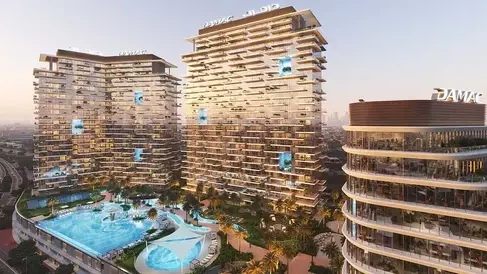
Apartments
Commercial
AED 1,142,000
Damac hills
1 & 2
740 - 6588 Sq Ft

Apartments
Penthouses
Duplexes
AED 4,400,000
Al Wasl
2, 3, 4 & 5
1946 - 8253 Sq Ft

Apartments
Penthouses
Duplexes
AED Coming soon
Dubai Design District
1, 2, 3 & 4
738 - 7767 Sq Ft

Apartments
Penthouses
Duplexes
AED 3,600,000
Downtown Dubai
1, 2, 3, 4, 5 & 6
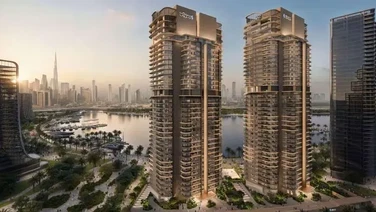
Apartments
Penthouses
Duplexes
AED 2,300,000
Dubai Design District
1, 2, 3 & 4
741 - 1988 Sq Ft
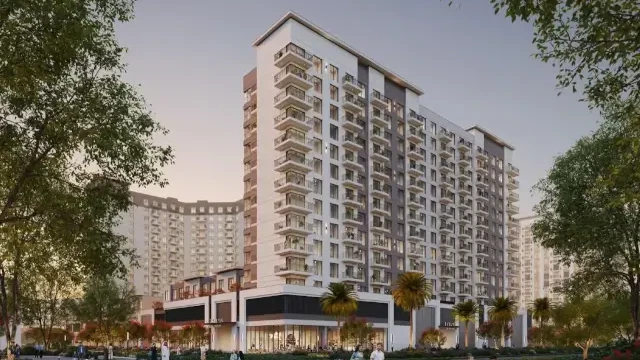
Apartments
Duplexes
AED 1,069,888
Town Square Dubai
1, 2 & 3
609 - 1808 Sq Ft
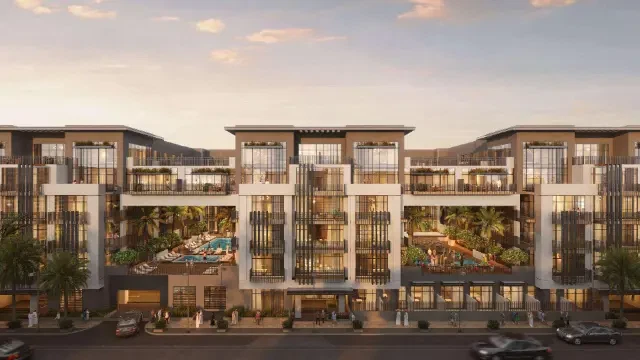
Apartments
Duplexes
Studios
AED 800,000
Jumeirah Village Circle
Studio, 1, 2 & 3
496 - 2,888 Sq Ft

Apartments
Penthouses
Mansions
AED Coming soon
Palm Jumeirah
2, 3, 4, 5 & 6
1541 - 12382 Sq Ft
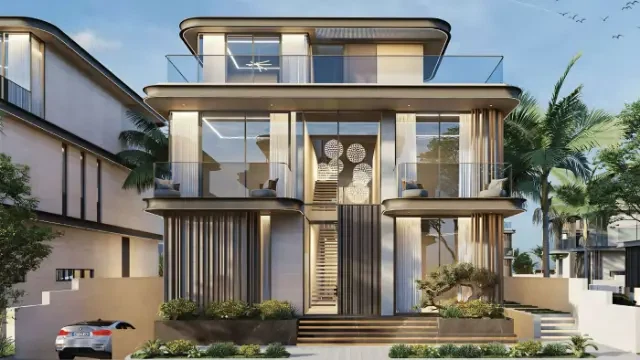
Villas
Mansions
AED 20,000,000
Mohammed bin Rashid City
5 & 6
13,007 - 13,568 Sq Ft
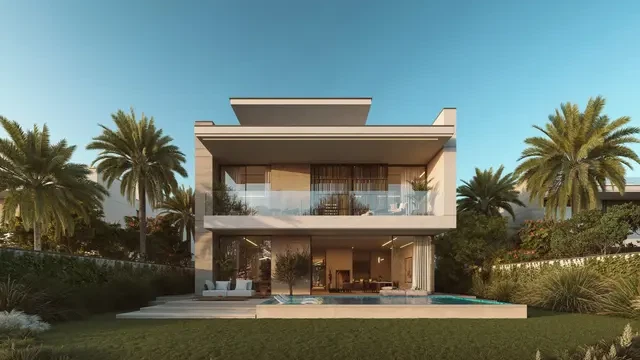
Villas
Mansions
AED 11,800,000
Jumeirah Golf Estates
4, 5 & 6
6069 - 10762 Sq Ft

Apartments
Penthouses
Mansions
AED 5,500,000
Palm Jumeirah
1, 2, 3, 4, 5 & 6
940 - 11830 Sq Ft

Mansions
AED 65,000,000
Jumeirah
7
41550 - 49062 Sq Ft
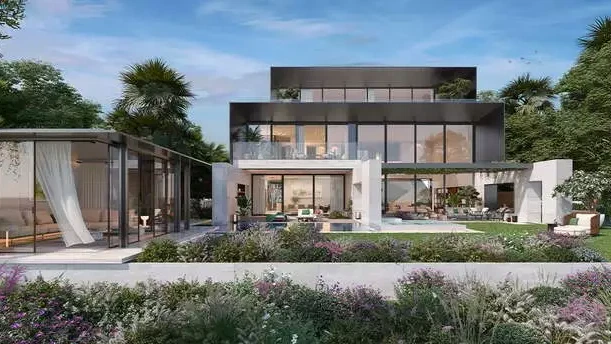
Mansions
AED Coming soon
Tilal Al Ghaf
6 & 7

Apartments
Penthouses
Duplexes
AED 4,400,000
Al Wasl
2, 3, 4 & 5
1946 - 8253 Sq Ft

Apartments
Penthouses
Townhouses
AED 2,500,000
Dubai Islands
1, 2 & 3
898 - 3312 Sq Ft

Apartments
Penthouses
Duplexes
AED Coming soon
Dubai Design District
1, 2, 3 & 4
738 - 7767 Sq Ft

Apartments
Penthouses
Mansions
AED Coming soon
Palm Jumeirah
2, 3, 4, 5 & 6
1541 - 12382 Sq Ft

Apartments
Penthouses
Duplexes
AED 3,600,000
Downtown Dubai
1, 2, 3, 4, 5 & 6

Apartments
Penthouses
Duplexes
AED 2,300,000
Dubai Design District
1, 2, 3 & 4
741 - 1988 Sq Ft

Apartments
Studios
AED 764,999
Jumeirah Village Circle
Studio, 1 & 2
341 - 1827 Sq Ft

Apartments
Studios
AED 766,999
Jumeirah Village Triangle
Studio, 1 & 2
336 - 1859 Sq Ft

Apartments
Studios
AED Coming soon
Damac Lagoons
Studio, 1 & 2
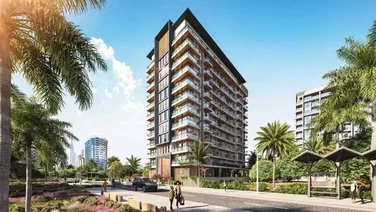
Apartments
Studios
AED 580,000
Dubai Land Residence Complex
Studio, 1 & 2
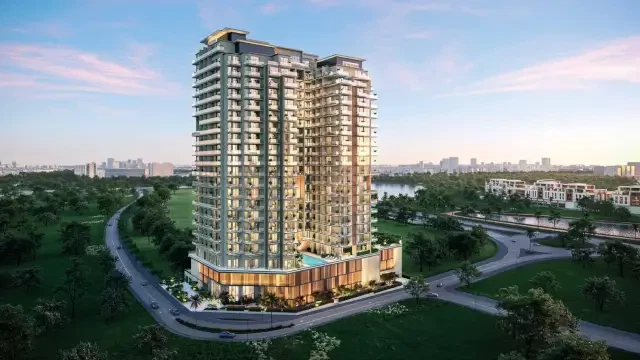
Apartments
Studios
AED 650,000
Dubai Production City
Studio, 1, 2 & 3
404 - 2092 Sq Ft

Apartments
Studios
AED 1,600,000
Meydan
Studio, 1, 2 & 3
370 - 1568 Sq Ft

Apartments
Penthouses
Townhouses
AED 2,500,000
Dubai Islands
1, 2 & 3
898 - 3312 Sq Ft

Villas
Townhouses
AED Coming soon
Dubailand
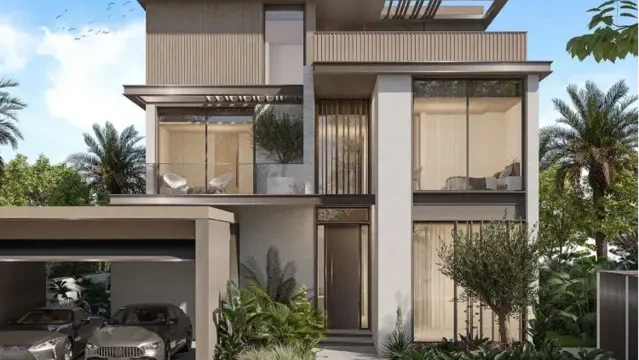
Villas
Townhouses
AED 6,150,000
Nad Al Sheba
3, 4 & 5
3252 - 5650 Sq Ft
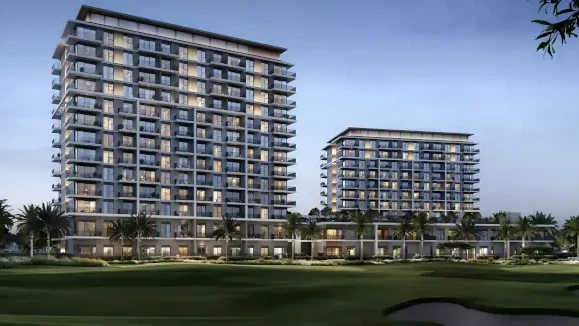
Apartments
Townhouses
AED 1,270,000
Emaar South
1, 2 & 3
788 - 2728 Sq Ft
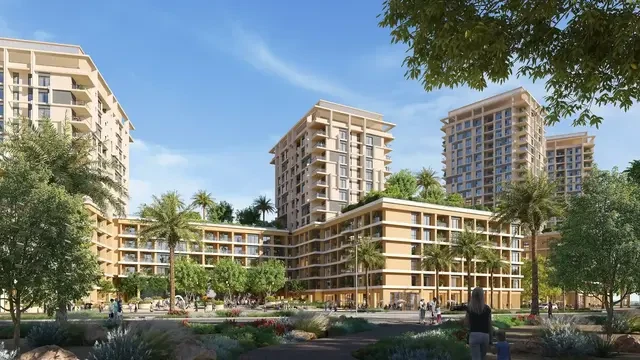
Apartments
Studios
Penthouses
Townhouses
Duplexes
AED 900,000
Wasl Gate
Studio, 1, 2, 3 & 4
523 - 1982 Sq Ft

Villas
Townhouses
AED Coming soon
Dubai Investments Park

Villas
AED 16,550,000
The Oasis
4, 5 & 6
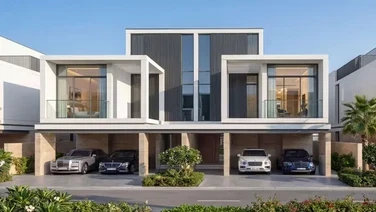
Villas
AED Coming soon
Sobha Sanctuary
4 & 5
2520 - 4154 Sq Ft
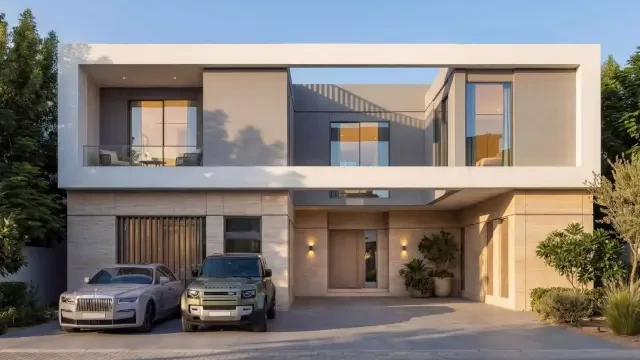
Villas
AED Coming soon
Sobha Sanctuary
4, 5 & 6
4905 - 7191 Sq Ft
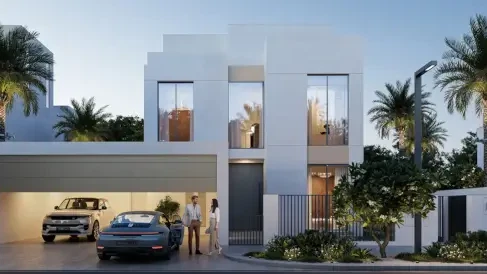
Villas
AED Coming soon
The Heights Country Club & Wellness
3, 4 & 5

Villas
AED Coming soon
Nad Al Sheba
3, 4, 5 & 6

Villas
Townhouses
AED Coming soon
Dubailand
Subscribe to our Daily, Weekly and Monthly Newsletters, Expert Advice and Latest Launch with Zero Spam, Unsubscribe Anytime.